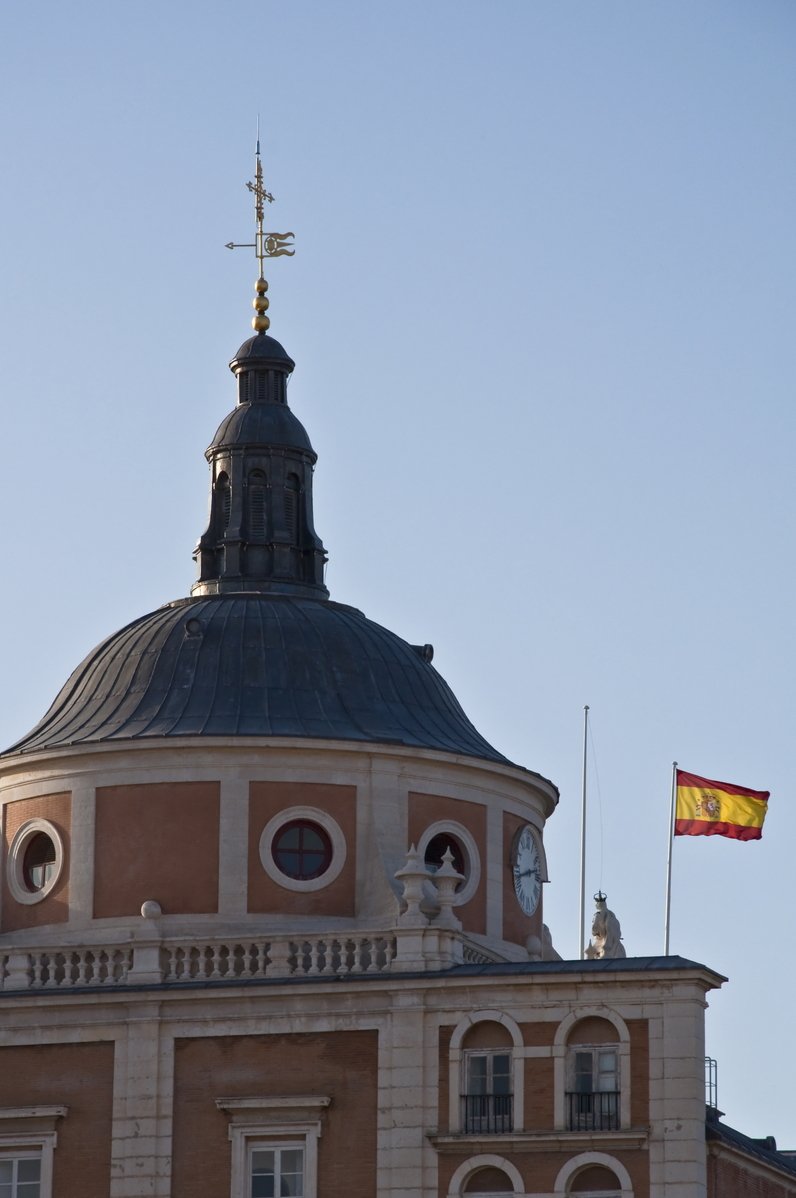

THE EPO has long been granting software patents in defiance of the European Patent Convention -- something that would further accelerate if the UPC power-grab ever gained any traction/got a foothold (it's very unlikely, hence our choice of tense in "would").
"Spain rejects the UPC for more than one reason (such as language). They specified several other reasons for shunning the terrible, awful UPC."Every now and then we highlight a public display of the problem (symptom), such as the Administrative Council tossing a whole class of patents (biological processes), the appeal boards voiding patents, and sometimes actual courts (where fees are enormous, for both defendant/s and plaintiff) rejecting EPs upon closer scrutiny.
That makes perfect sense. If patents are improperly granted, sooner or later these patents will expire or be voided (one of the two).
Make no mistake about it. Not everyone wants patent quality, which typically translates into a decreased number of lawsuits. Consider for instance IAM Media. A short while ago IAM, a longtime advocate of the UPC (because it advocates for Battistelli and patent trolls), wrote that "Spain will not join UPC because Spanish is not one of the official languages. Go figure!"
That's after IAM spread fake news about the UPC in Spain (about half a year ago when some Spanish media did the same thing).
Spain rejects the UPC for more than one reason (such as language). They specified several other reasons for shunning the terrible, awful UPC. We wrote many articles about it, going back to around 2010.
Does Spain need the UPC? No. The Spanish patent office does a better job (examination and searches) than the EPO under Battistelli, as we last noted a month ago, citing people who have worked with both.
Moreover, Ana-Laura Morales from Grau & Angulo has just published this self-promotional piece about a judgment from earlier this summer (we have not seen any press coverage of it in English). Here are the key facts:
In its judgment of June 30 2017, the Barcelona Court of Appeal confirmed the Barcelona Commercial Court Number 4 first-instance decision, which had dismissed the patent infringement action filed by Novartis against several generics for alleged infringement of European Patent 2'292'219 (EP'219)
[...]
In its first-instance decision, the Barcelona Commercial Court Number 4 upheld the defendants' interpretation of the claim based on Article 69 of the European Patent Convention and thus dismissed Novartis's infringement action. This judgment was in line with the court's previous decisions and those of the Barcelona Court of Appeal in preliminary injunction proceedings.
With its June 30 2017 judgment, the Barcelona Court of Appeal confirmed the first-instance decision, thus interpreting the claim and establishing its scope in line with the defendants. In particular, the court reiterated the importance of interpreting a claim in light of the description of the patent, which in this case clearly supported the defendants' understanding of its scope.